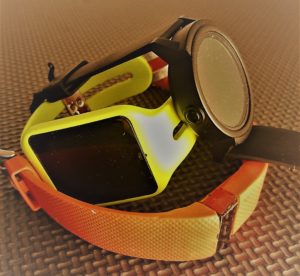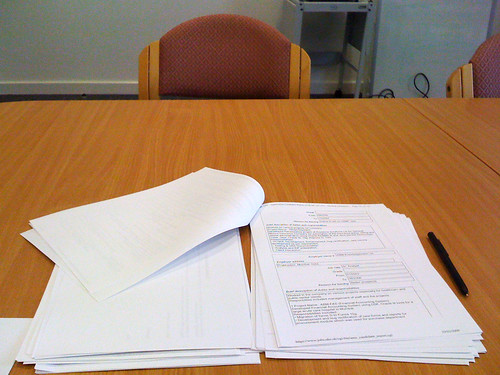I scared an Agile coach this week.
I’ve recently taken on a project role as Product Owner for an IT project we’re calling the Digital Workplace project, which aims to more effectively leverage several collaboration technologies (such as live chat, document sharing/collaboration and project planning/management) across the professional services teams at the University. Although I’ve called it an IT project, there’s really very little new technology in it, and it should really be called a behaviour change project underpinned by accelerated technology adoption – or something. In fact, all three likely tech tools involved are already available to all staff, it’s just that very few people actually use them.
 I stopped wearing my smartwatch this week.
I stopped wearing my smartwatch this week.

